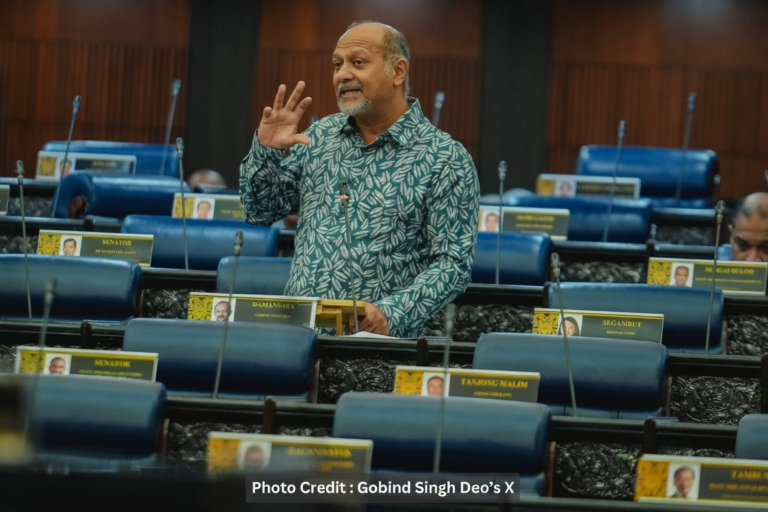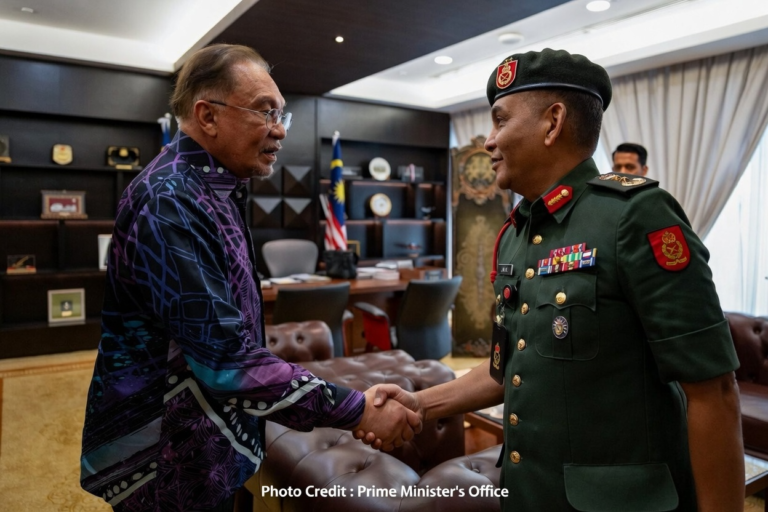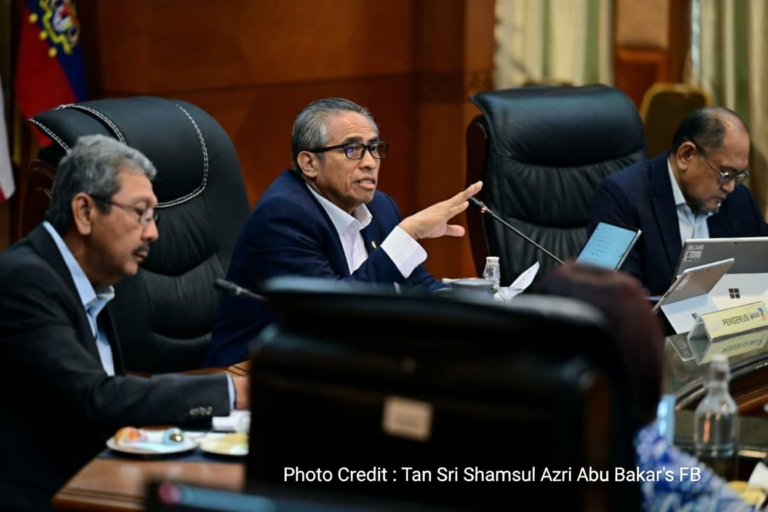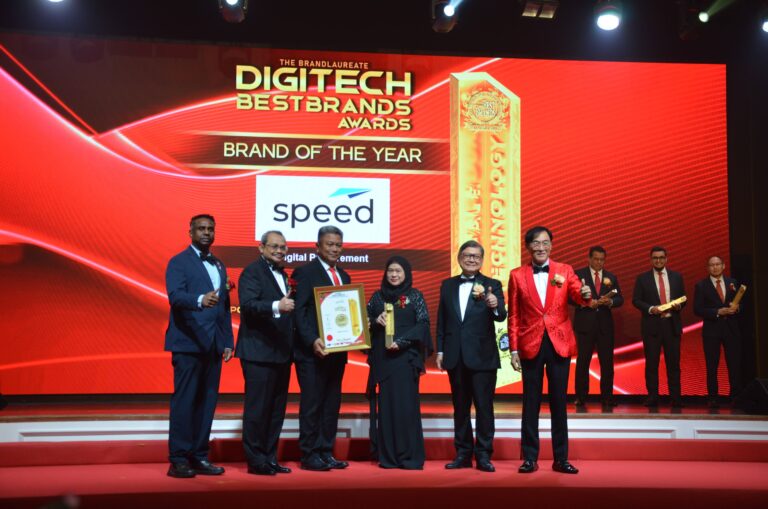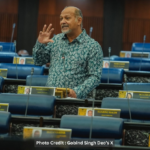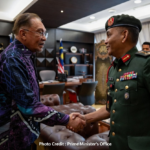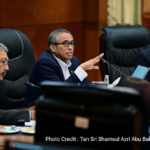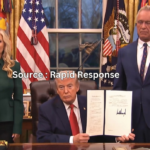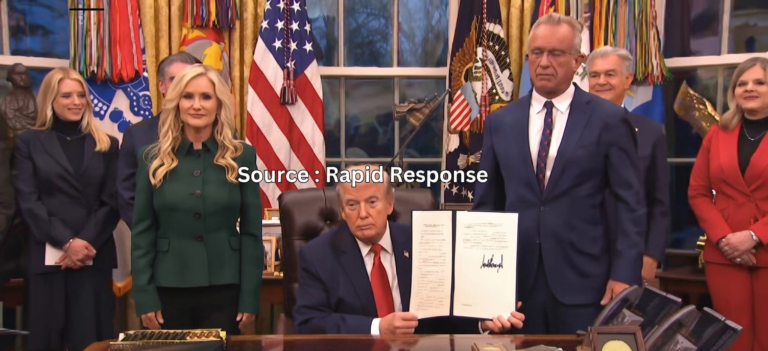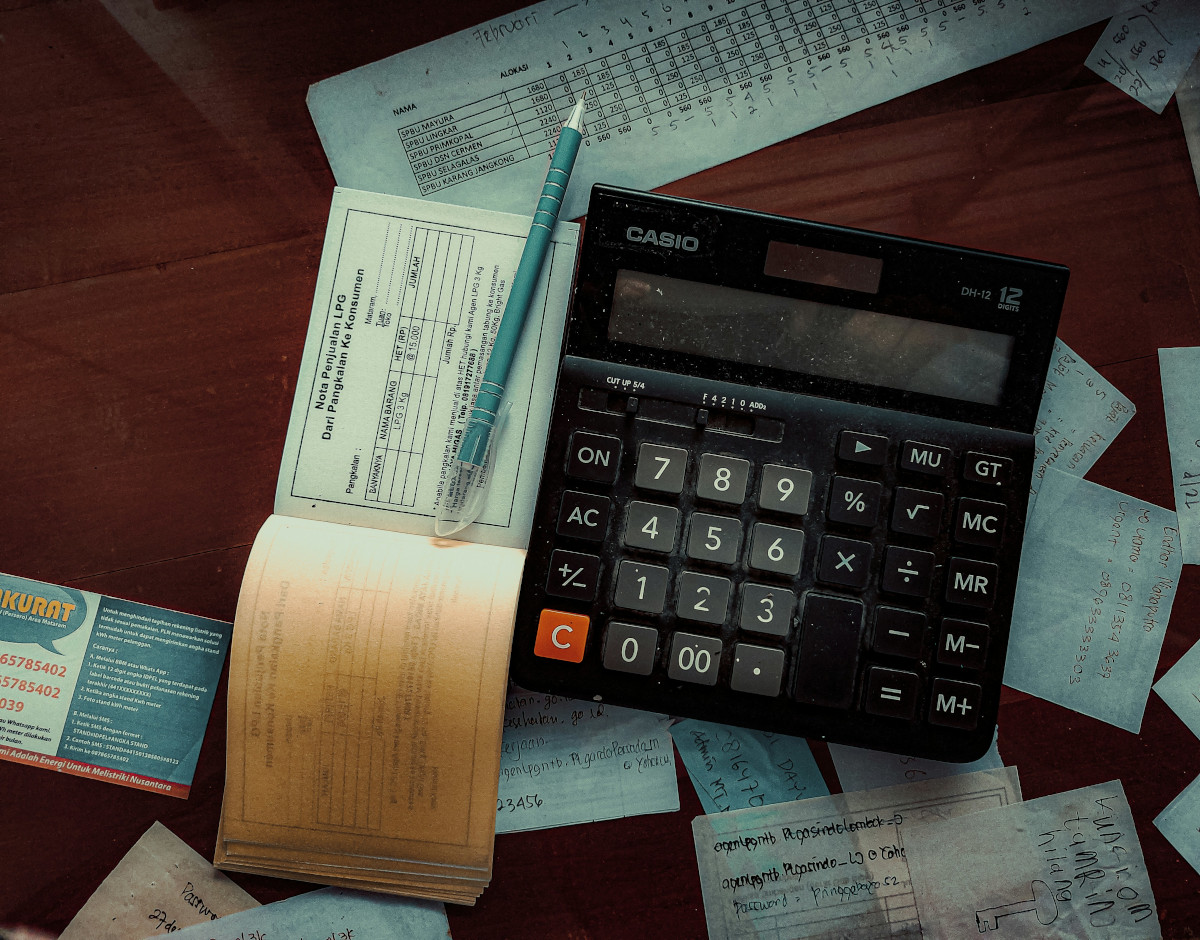
By Dr Dalilah Aziz and Dr Ann G.
As Malaysia’s sustainability agenda continues to evolve under the Thirteenth Malaysia Plan (RMK13), the next important question is how future accountants can prepare themselves to play a meaningful role in this transformation. The profession is changing in ways that demand not only new technical abilities but also a reimagining of professional identity. Sustainability in accounting is no longer a matter of awareness or compliance; it is a question of purpose, positioning, and preparedness.
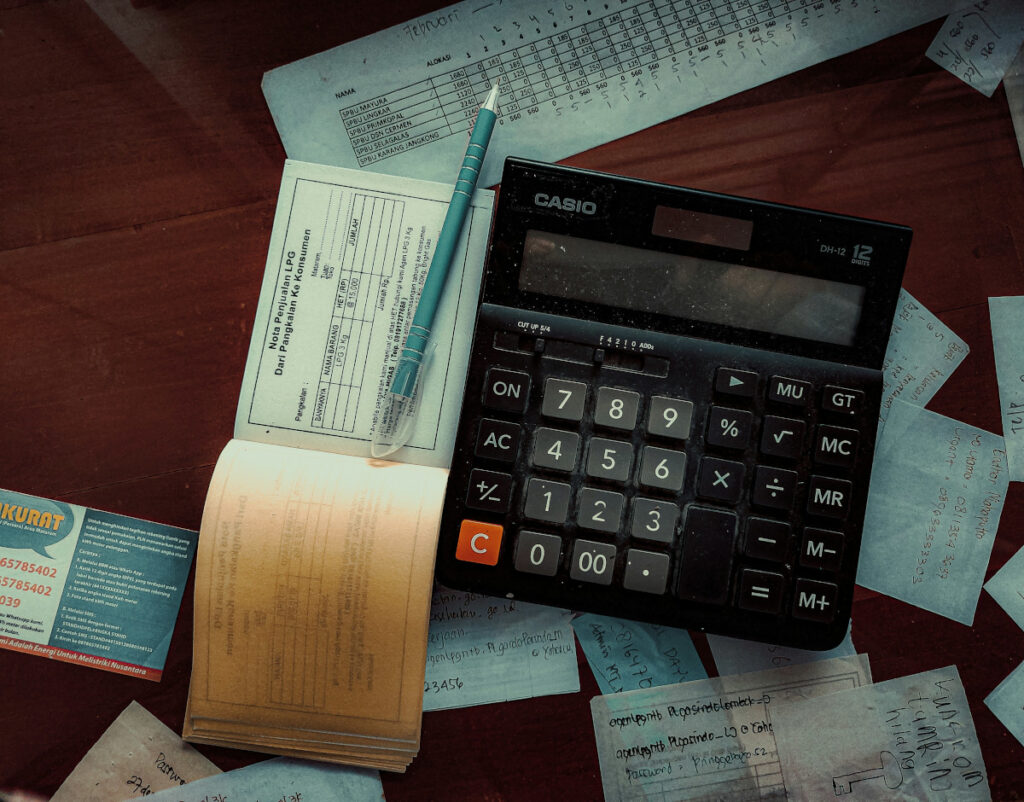
The acquisition of technical skills remains critical, but these skills are only part of the story. The Malaysian Institute of Accountants (MIA) has introduced a Sustainability Blueprint that provides a structured pathway to guide the profession’s transition. The Blueprint is organised around three key areas: Aspirations, Sustainability Maturity Levels, and Enablers. Under the Maturity Levels, accountants are expected to progress from basic awareness of ESG and compliance reporting, to integrating sustainability into organisational systems and frameworks, and eventually to leading strategic initiatives and industry-wide advocacy.
As the profession continues to evolve, a fundamental question arises. How can students learn to see themselves not merely as accountants, but as sustainability professionals who shape the world around them? Socialisation into this new professional identity does not begin after graduation; it begins in lecture halls, student organisations, and internship placements. It begins with the choices that aspiring accountants make long before they step into the workforce.
Extracurricular activities, reading interests, and even the organisations one follows on social media all contribute to shaping an individual’s sustainability predisposition. In Malaysia’s context, this anticipatory socialisation will determine whether the next generation of accountants is ready to seize opportunities in the green economy or risks being left behind. What, then, can aspiring accountants do beyond their formal studies? The following are several practical ways to begin developing a sustainability-focused professional identity.
Reframe coursework as identity-building. Learning sustainability is not just about passing a subject; it is an opportunity to think, speak, and communicate in the language of sustainability. When students reflect on what kind of professionals they are becoming through this learning, the course itself takes on a deeper and more personal significance.
Choose internships that signal green values. An internship in a bank’s ESG division or with a sustainability consultancy now does more than add a skillset to one’s résumé. It also signals to future employers, and to oneself, a genuine commitment to embedding sustainability into one’s professional life. Being deliberate about such choices demonstrates foresight and self-awareness, qualities that will define tomorrow’s accountants.
Engage in sustainability-focused student societies and competitions. Joining student-led environmental groups or participating in climate finance challenges provides practical spaces to rehearse the role of the sustainability accountant. Many Malaysian universities are offering opportunities for students to practise being sustainability professionals through events and projects. These spaces are valuable because they allow aspiring accountants to experience what a sustainability-focused identity feels like in action, where values are tested and shaped. Such experiences reinforce that professional identity begins forming long before graduation.
Adopt sustainability as part of your professional narrative. Aspiring accountants can start crafting their professional stories with sustainability at their core. For instance, one might say, “I want to be an accountant who helps organisations reduce carbon impact,” rather than simply, “I want to work in audit.” Narratives like these are powerful tools of self-definition. They help individuals internalise a sense of purpose and communicate that purpose to others.
Keep up with the sustainability revolution. The shift toward IFRS-aligned climate reporting means that accountants are expected to be at the forefront of ESG disclosures. Following these developments closely, even as undergraduates, helps students understand what it means to be professionally ready for the future. Awareness today builds capability tomorrow.
The MIA President, Datuk Seri Dr Mohamad Zabidi Ahmad, recently remarked in an MIA publication that accountants are uniquely placed to embed sustainability into governance, risk management, strategy, and performance, thereby creating long-term value. This perspective reflects a growing recognition that accountants must move beyond a purely financial focus and embrace integrated reporting, sustainability assurance, and interdisciplinary collaboration.
Globally, the International Federation of Accountants (IFAC) echoes this call by emphasising that future-ready accountants need more than technical knowledge. The key competencies for sustainability reporting and assurance include systems thinking, critical and analytical reasoning, interpersonal communication, adaptability, and technological capability. These professional developments align with Malaysia’s aspiration to become a high-income, low-carbon economy.
Achieving this national goal requires a new generation of accountants who are transforming not only technically but also culturally and professionally. Universities must integrate sustainability principles into the foundation of accounting curricula, while professional bodies must continue promoting initiatives that embed sustainability as a defining element of professional identity. Preparing accountants for sustainability, as the IFAC has noted, requires rethinking how they are educated, mentored, and socialised into the profession.
The green transition is often described in terms of technology and infrastructure, but it is also deeply human. It requires transformation at the level of values, habits, and identity. From our experience in academia and engagement with aspiring accountants, we have observed that professional futures are not handed down ready-made. They are shaped through everyday choices, meaningful conversations, and deliberate participation in communities of practice.
The MIA Sustainability Blueprint reminds us that accountants contribute not only to their organisations but also to Malaysia’s broader sustainability ambitions. By aligning their work with national priorities, accountants help both large corporations and small and medium enterprises adopt sustainable practices that drive long-term progress. For aspiring Malaysian accountants who have yet to find your “why”, contributing to Malaysia’s sustainable future is a meaningful place to begin. Each sustainability-focused decision made today is a small but significant step toward the professional you will become tomorrow.
Dr Dalilah Aziz and Dr Ann G. are senior lecturers at the Faculty of Business and Economics, Universiti Malaya,





